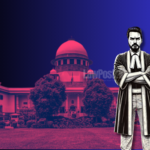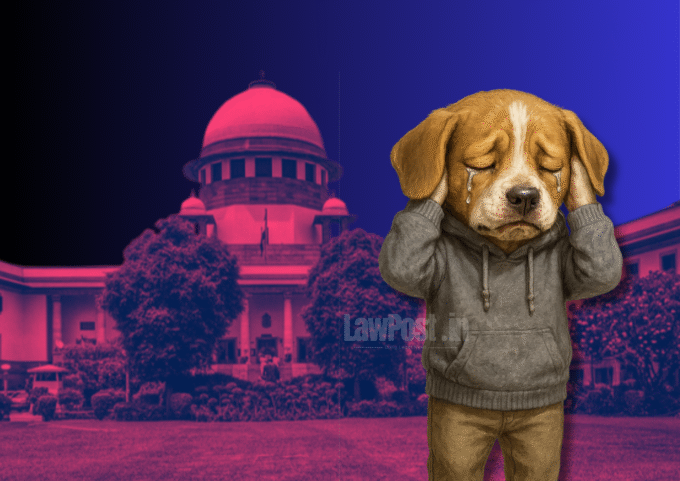Top Court Upholds Second FIR in Rajasthan Corruption Case, Lays Down Key Principles
New Delhi: The Supreme Court on Wednesday established clear guidelines on when a second First Information Report (FIR) can be registered in cases involving the same set of circumstances. The ruling came while hearing a case against Surendra Singh Rathore, Chief Executive Officer-cum-Project Director of Rajasthan’s Bio-fuel Authority, who was accused of demanding bribes.
A Bench comprising Justices Sanjay Karol and Prashant Kumar Mishra upheld the second FIR in the case, stating that it covered a wider scope of corruption beyond the initial complaint. The Court observed, “Quashing of the FIR would nip the investigation into such corruption in the bud. The same would be against the interest of society.”
Five Key Conditions for a Second FIR
The Supreme Court outlined five instances where a second FIR can be lodged:
- If it is a counter-complaint or presents a rival version of an already registered FIR.
- When the scope of the two FIRs is different, even if they arise from the same incident.
- If further investigation reveals a larger conspiracy beyond the initial complaint.
- When new facts or circumstances come to light that were previously unknown.
- If the incidents are separate, even if the offences are similar or different.
Background of the Case
The first FIR (No. 123/2022) was registered under the Prevention of Corruption Act for an alleged demand for a bribe on April 4, 2022. A second FIR was lodged on April 14, 2022, detailing bribe demands between September 30, 2021, and April 12, 2022, when an Anti-Corruption Bureau constable alleged that Rathore was taking bribes for granting bio-fuel pump licenses.
The Rajasthan High Court had quashed the second FIR, calling it an “abuse of process,” but the Supreme Court reversed this decision. The Court ruled that the second FIR was valid as it addressed a broader issue of corruption in the department.
Case: State of Rajasthan vs Surendra Singh Rathore – Available on LAWFYI.IO








